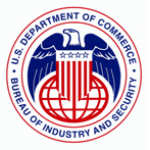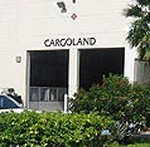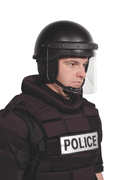 The Bureau of Industry and Security (“BIS”) released today a revision of the de minimis rules which BIS touted as a major simplification of the rules. I think most people when reviewing the new rules will find them as complicated as ever.
The Bureau of Industry and Security (“BIS”) released today a revision of the de minimis rules which BIS touted as a major simplification of the rules. I think most people when reviewing the new rules will find them as complicated as ever.
The de minimis rules are an effort by BIS to define when the U.S.-origin content of a commodity is sufficiently small that the commodity will not be deemed to be subject to the export control restrictions set forth in the Export Administration Regulations. When U.S. content doesn’t satisfy the requirements of the de minimis rule, then the incorporation of that content, even if that content is not itself subject to U.S. export controls, into a commodity may subject that commodity to U.S. export controls.
Leaving aside whether the new rules are ultimately a simplification or not, there is one significant area in which the new rule may permit a de minimis finding where the old rules would not — namely, hardware commodities that bundle U.S. origin software. Under the prior rule, the de minimis calculation had to be made separately for hardware, software and technology. Under the new rule, the value of “bundled” U.S.-origin software will be compared with the value of the hardware. If it constitutes less than 25% of the commodities value (or 10% in the case of exports to Cuba, Iran, North Korea, Sudan or Syria), then the de minimis rule applies and the commodity is not subject to U.S. export controls.
The new rules define bundled in a broad way that would go beyond pre-installed software but which would also include un-installed software distributed on a separate disk with the hardware. Think printer drivers, for example. To qualify as bundled software, the software must be exported or re-exported with the hardware and must be configured for the hardware. Additionally, if the software is listed on the Commerce Control List it must only be controlled for anti-terrorism reasons. Software that is controlled for export for other reasons can slip out of the country under the de minimis rule no matter what percentage its value bears to the value of the hardware with which its bundled.

 Posted by
Posted by  Category:
Category: 

 Actually, the penalty that freight forwarder
Actually, the penalty that freight forwarder  An
An  Another freight forwarder pays for the sins of its customers.
Another freight forwarder pays for the sins of its customers.  The Bureau of Industry and Security (“BIS”) recently announced settlement agreements with Massachusetts-based
The Bureau of Industry and Security (“BIS”) recently announced settlement agreements with Massachusetts-based 

